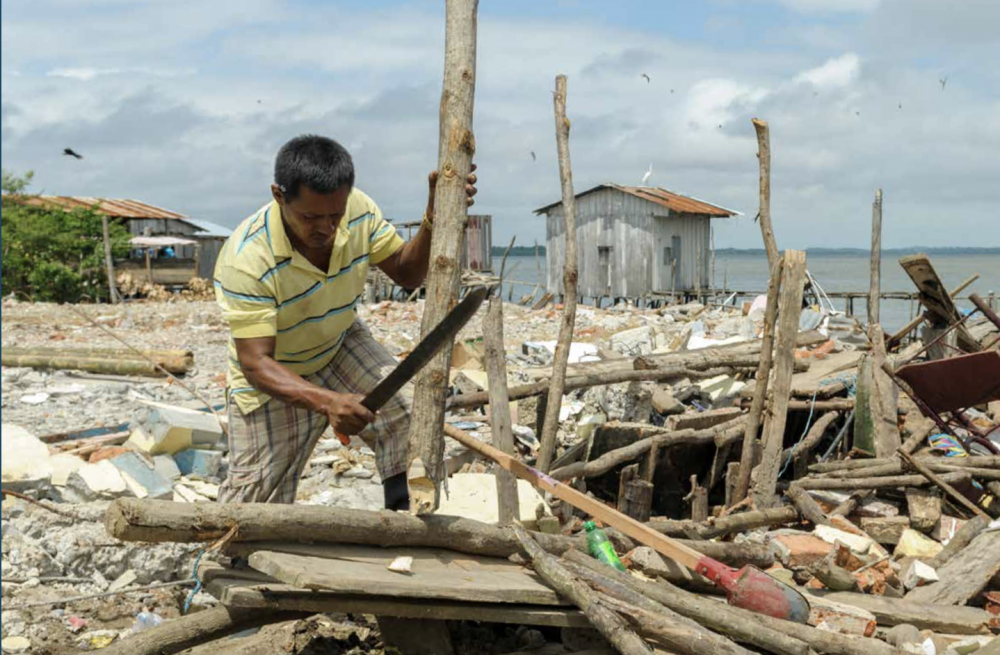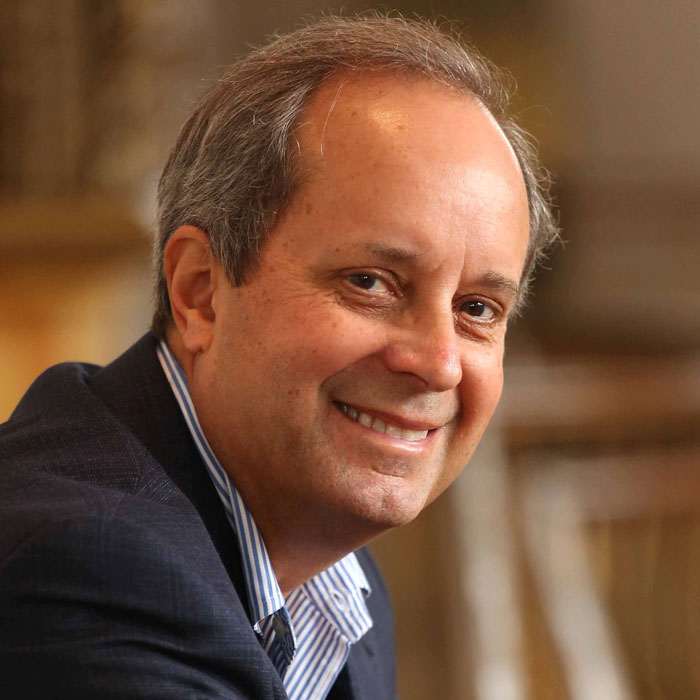Good News, Disturbing News from State of Disaster Philanthropy
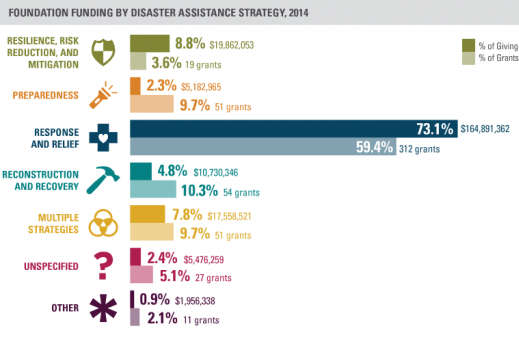
In partnership with the Foundation Center, we released the third annual Measuring the State of Disaster Philanthropy report. This is our worldwide survey summarizing who is giving to disaster-related activities, where the money is going, and how it is being used. Our purpose in producing it is to stimulate thinking, provoke discussion, and ultimately to influence how money is allocated. We don’t want this report to end up on a shelf collecting dust. It is data to drive decisions and the online mapping tools offer an unprecedented way to drill down into the numbers.
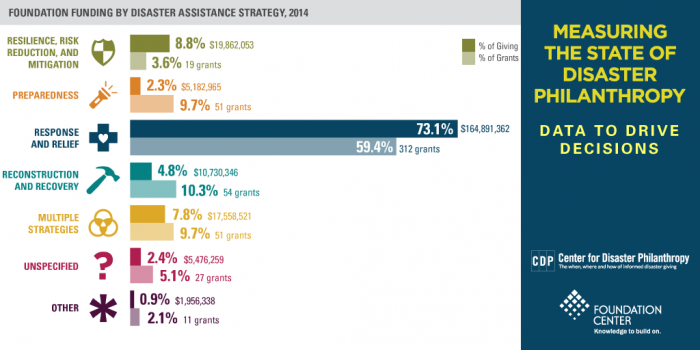
The story for this year’s report on foundation giving—the year 2014—has some good news and some disturbing news. On the one hand, we report disaster-related giving by foundations increased by over 90 percent from the previous year—up by over $100 million. However, most of the increase was directed to one disaster, the Ebola outbreak in West Africa. Once again, the majority of disaster contributions went to immediate response, was late to the scene, and came only after repeated pleas for help.
As we note in the introduction to the report, we were pleased that some of these grants—particularly ones from Paul Allen, Gates, Microsoft, and Google—took a more holistic approach that included research and long-term health facilities. We can better contain outbreaks like Ebola before they occur by strengthening public health systems and improving infrastructure.
As Sam Carter of The Rockefeller Foundation observed about this year’s data, “By working with communities to build resilience today, we can help ensure that they flourish in the good times and still pivot and respond as needed when things go bad.”
Although this year’s report contains more data than ever before—with major additions of corporate in-kind and individual data—there is still more data that could be included. I’d like to offer a special invitation to both donors and recipients to join our disaster data project by sharing your data and helping us develop new data-gathering tools. Please join us in this effort to transform disaster philanthropy and find out how to get involved.
More like this
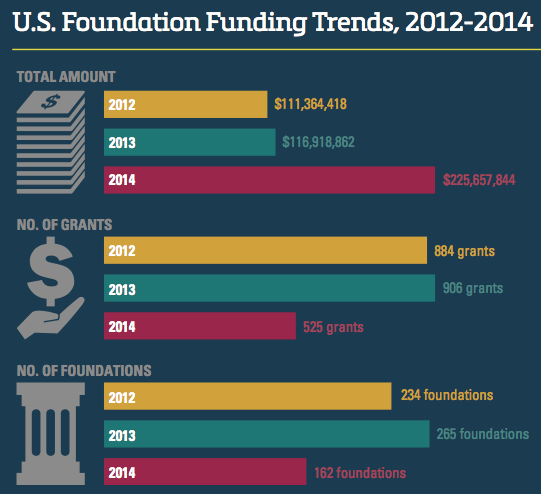
Updated Data Drives Best Practices in Disaster Giving
